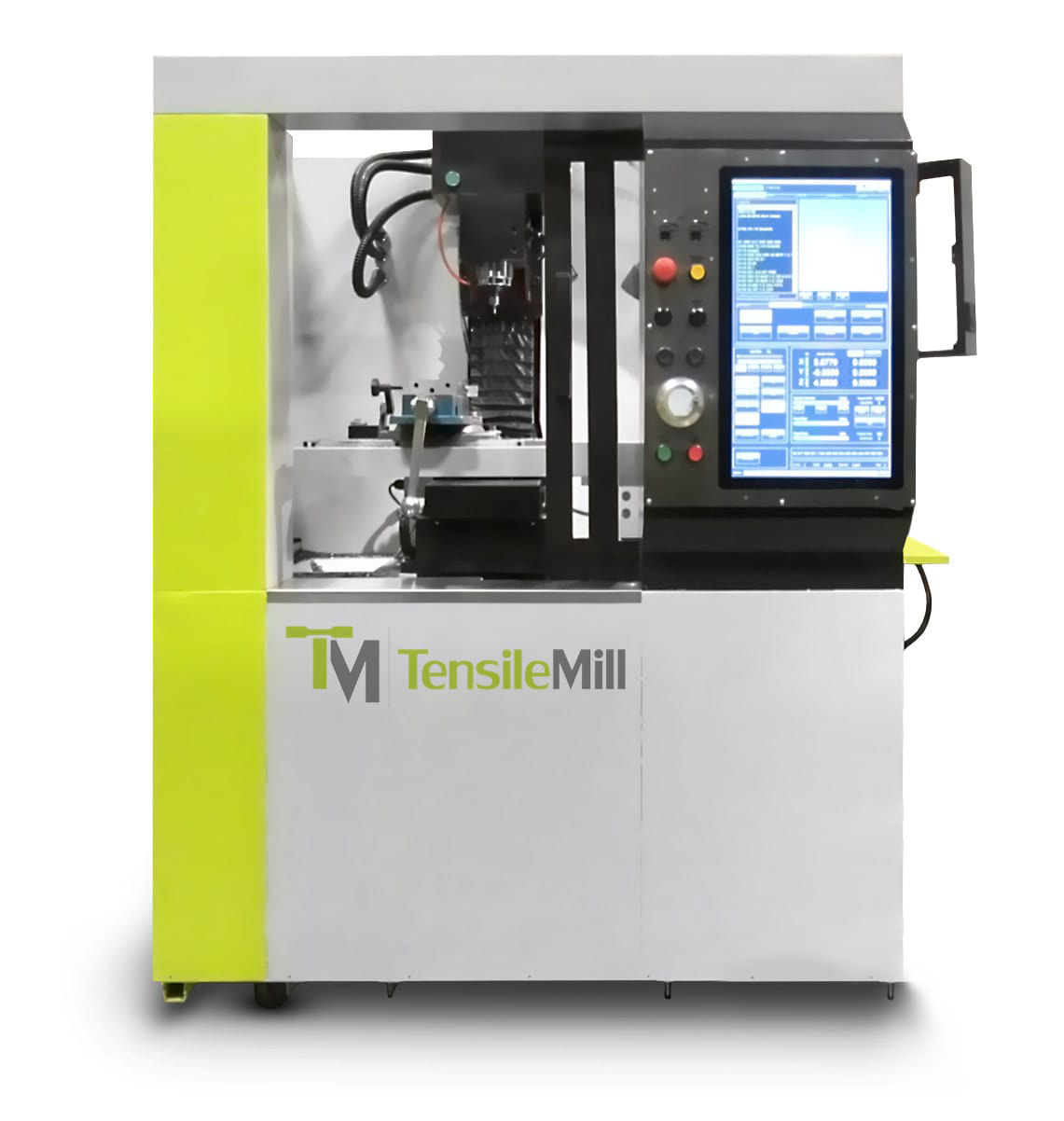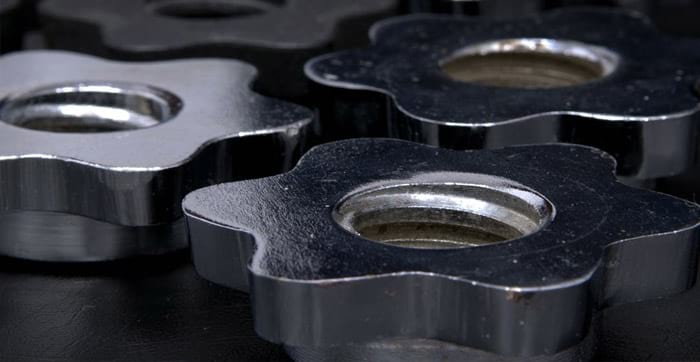
Metal Testing Equipment

Testing the mechanical properties of Metals reveal the elastic and inelastic behaviors of a material when a force is applied. We are able to determine if a Metal can withstand the common stresses for its intended purpose by measuring elasticity, tensile strength, elongation, hardness, fracture toughness, impact resistance, stress rupture and fatigue limit.
The most common testing is done with a Universal Testing Machine for testing the tensile properties of a Metal specimen (ASTM E8). Tension tests provide information on the strength and ductility of materials under uniaxial tensile stress until the point of fracture.
Sub-categories
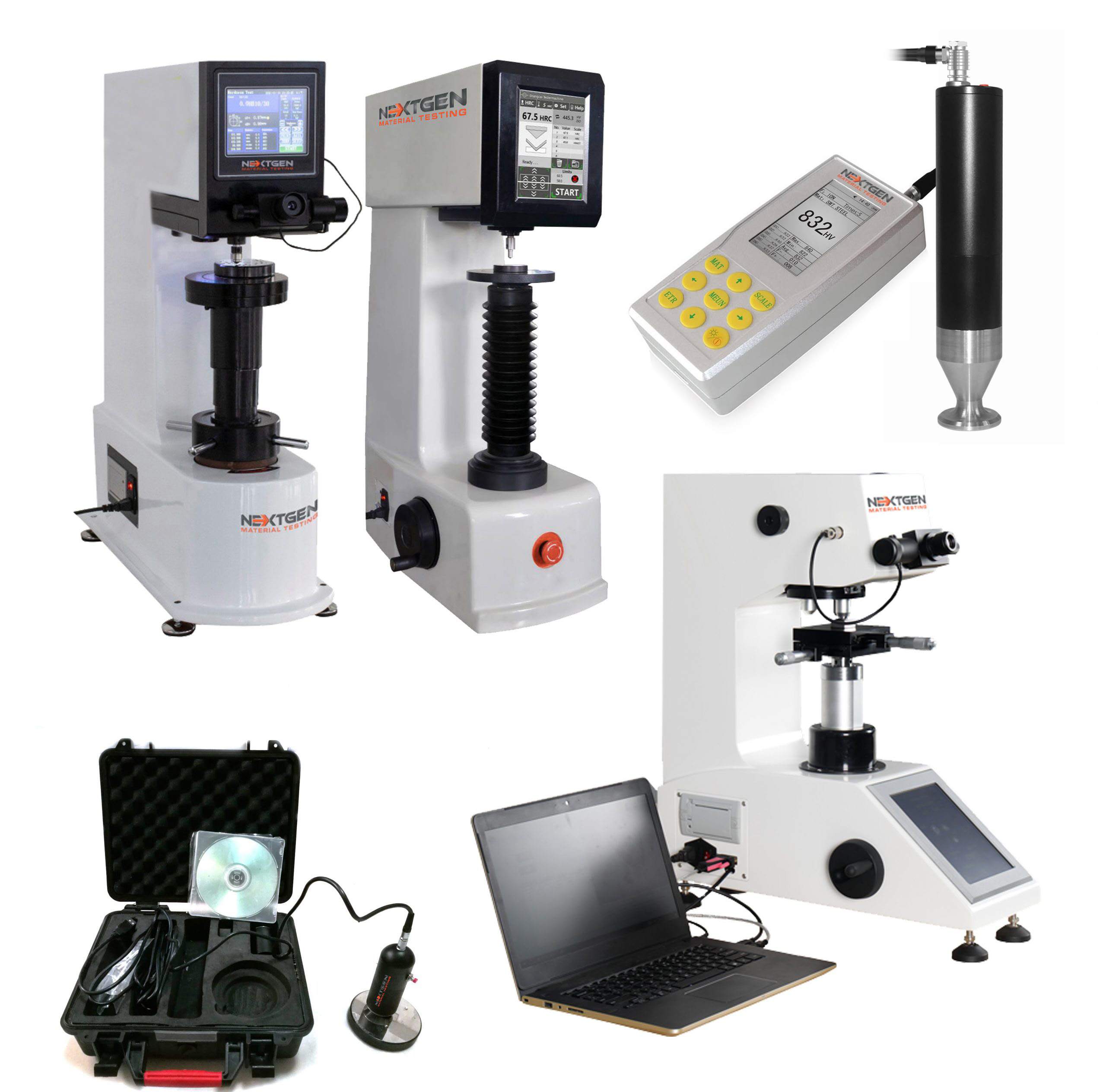
Metal Hardness Testing Equipment - Bench Top and Portable Solutions
Hardness testing is the measure of how resistant a solid matter is to permanent shape change when an indenter is applied at a known force. Check out our range of Rockwell, Brinell, Micro/Macro Vickers and Knoop Hardness Testers.
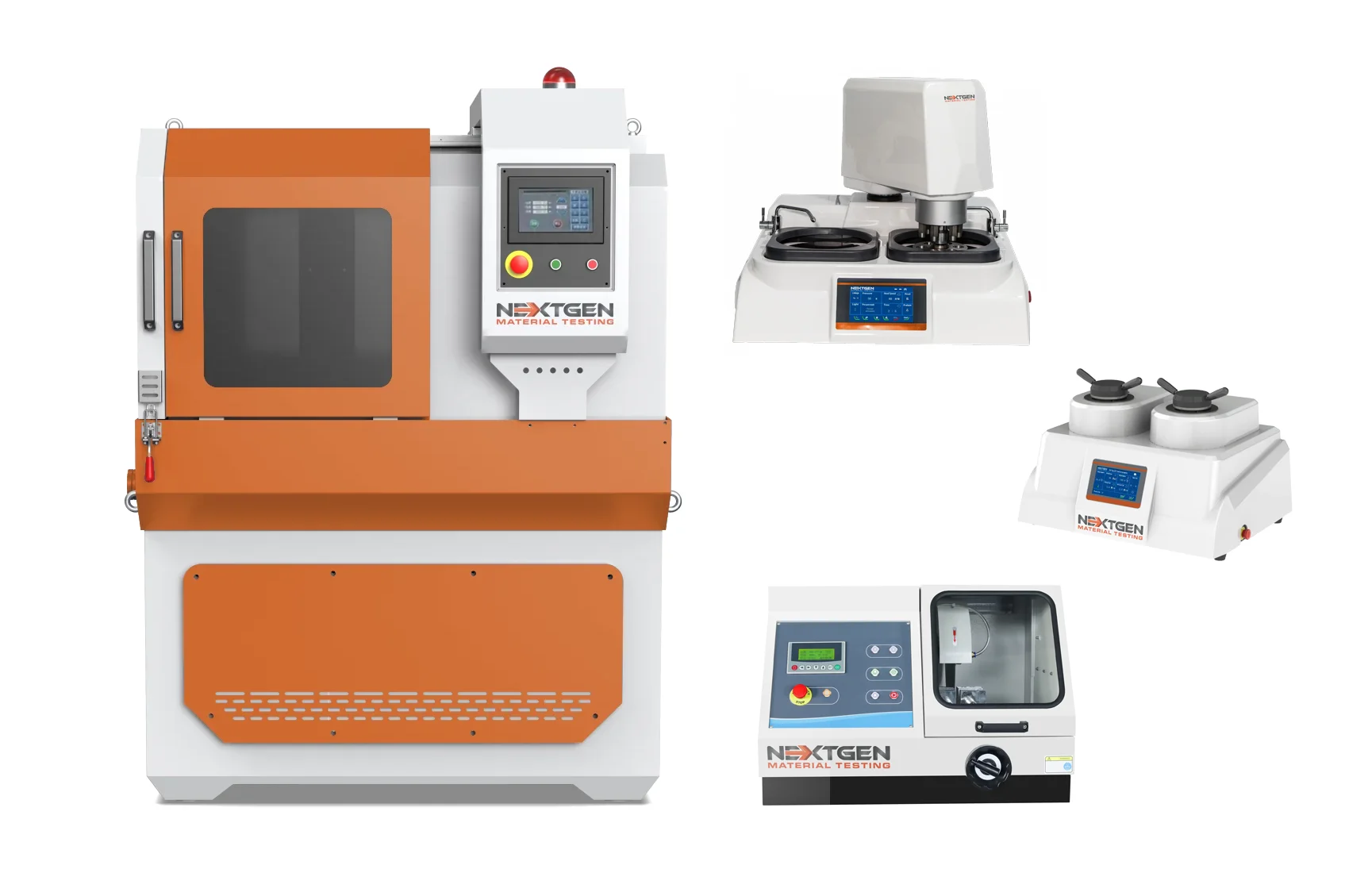
Metallography Sample Preparation Equipment
NextGen metallography equipment is focused on the structure refining of metals and alloys. It specializes in different methods of speci-men preparation including cutting, polishing and grinding.
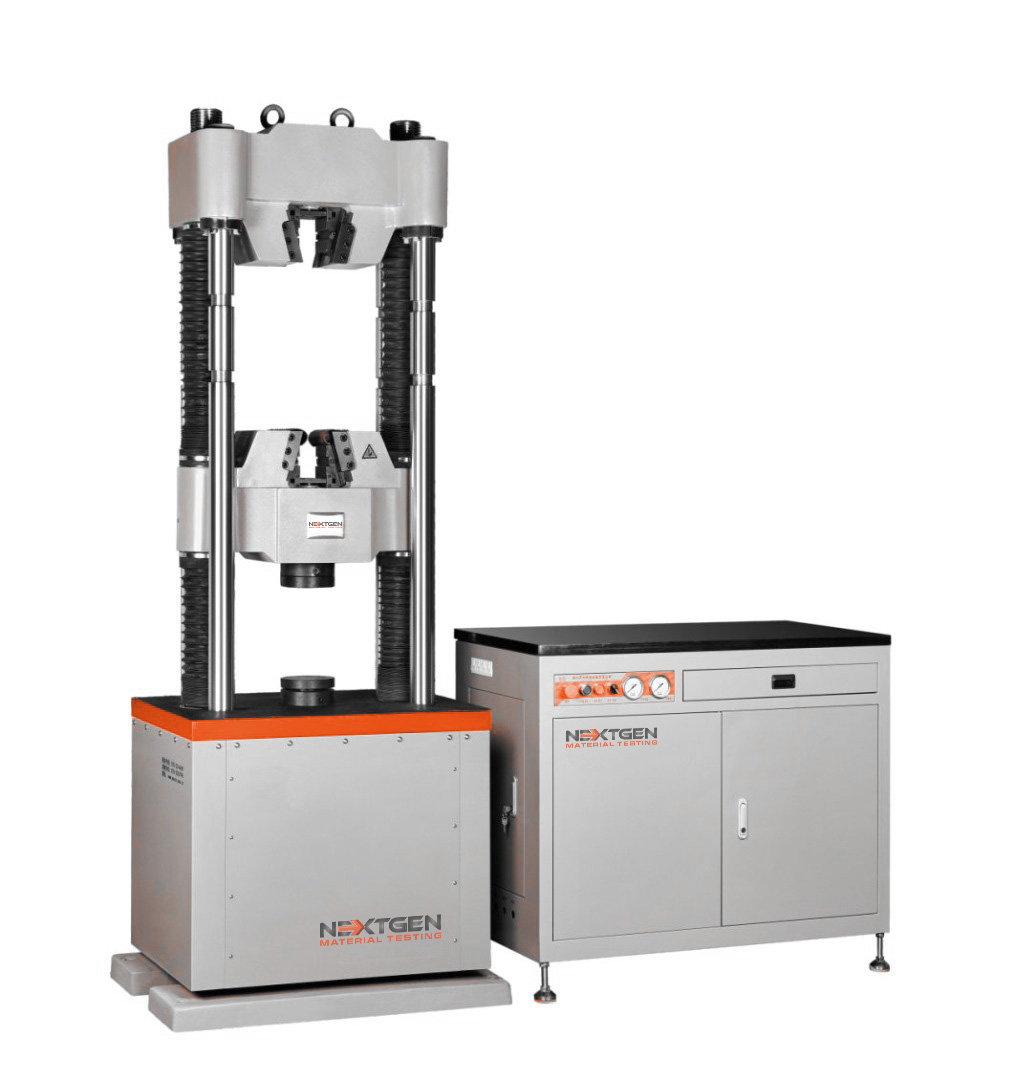
Universal Testing Machines for Metal Testing
Universal Testing Machines can be configured for static testing of multiple properties such as tensile, compression, flexure, tearing, peeling, bending and shearing tests. Check out our range of Force Stands, Electromechanical and Servo Hydraulic Universal Testing Machines.
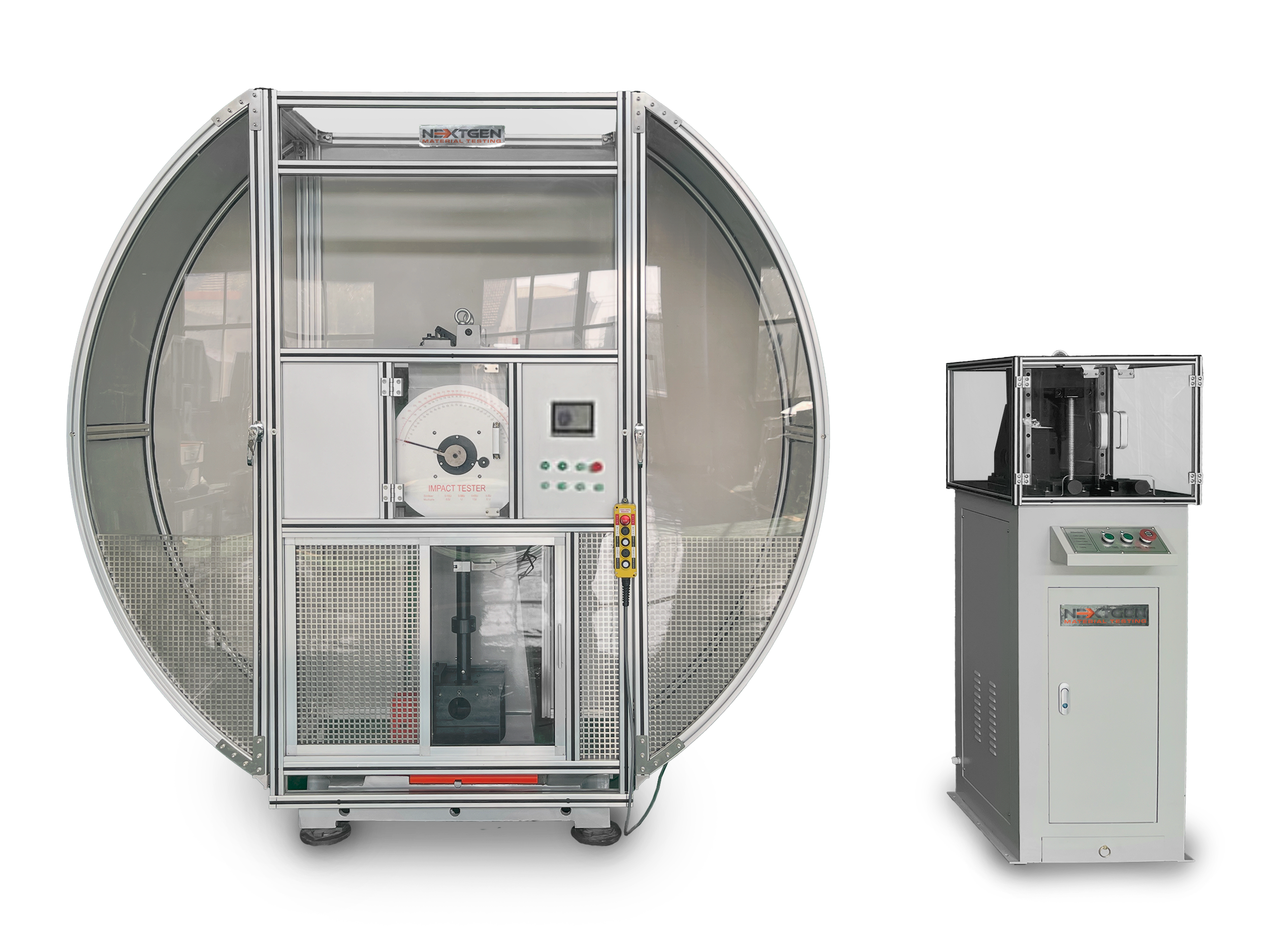
Pendulum Impact Testers - Charpy and Izod Systems
Pendulum Charpy/Izod Impact Testing is a high strain-rate test to determine the amount of energy absorbed by a material during fracture.
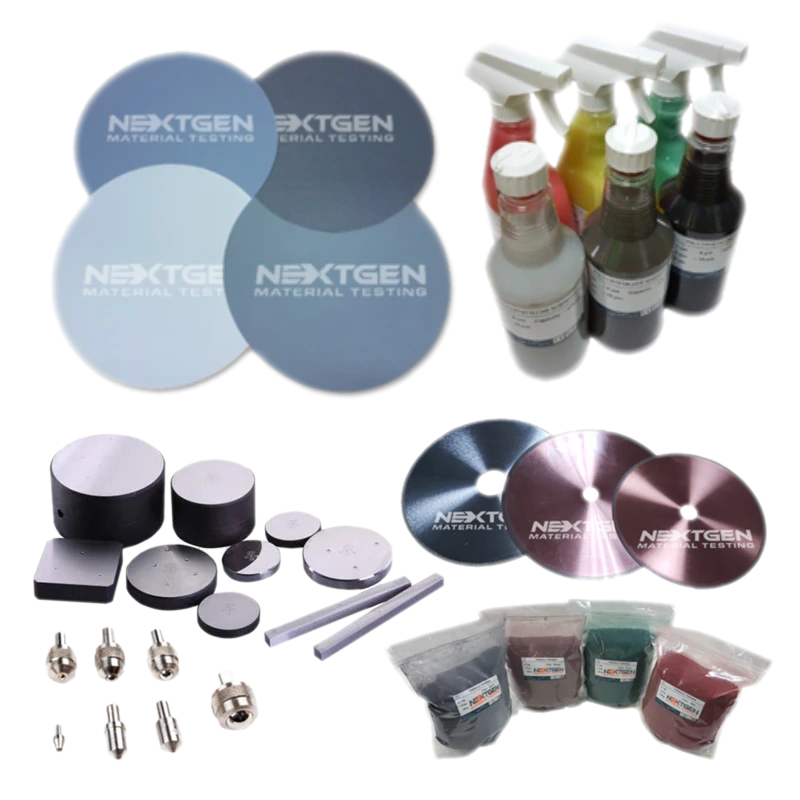
Consumables - Hardness Testing, Metallography, Tensile and More…
NextGen offers a full scope of Hardness Testing Consumables, Metallography Consumables, Tensile Testing Consumables, Tensile Sample Preparation Consumables, Abrasion Testing Consumables and more. You will be able to find an extensive variety of high quality consumables and spare parts at some of lowest pricing in the North American market.
Products
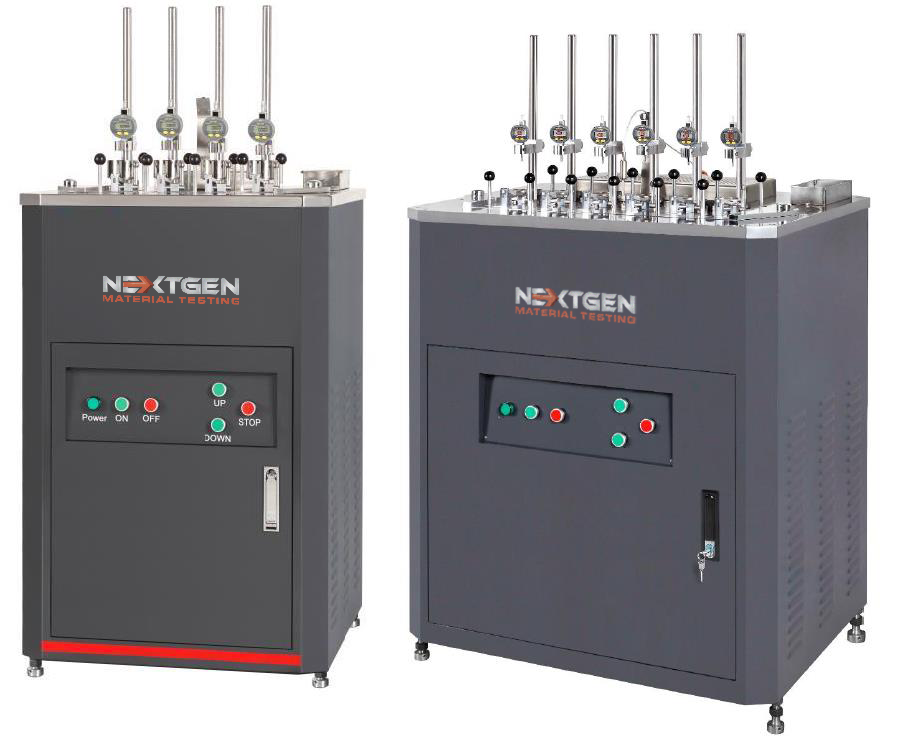
HDT/VICAT Testing Machine – Thermal Analysis for Plastics NG-HDT
Description The HDT/VICAT testing machine offers high precision, reliability, and efficiency for the thermal analysis of thermoplastics and polymers. Engineered with advanced sensors and high-temperature-resistant components, it ensures minimal deformation, fast response, and precise data transmission, delivering consistent and accurate […]
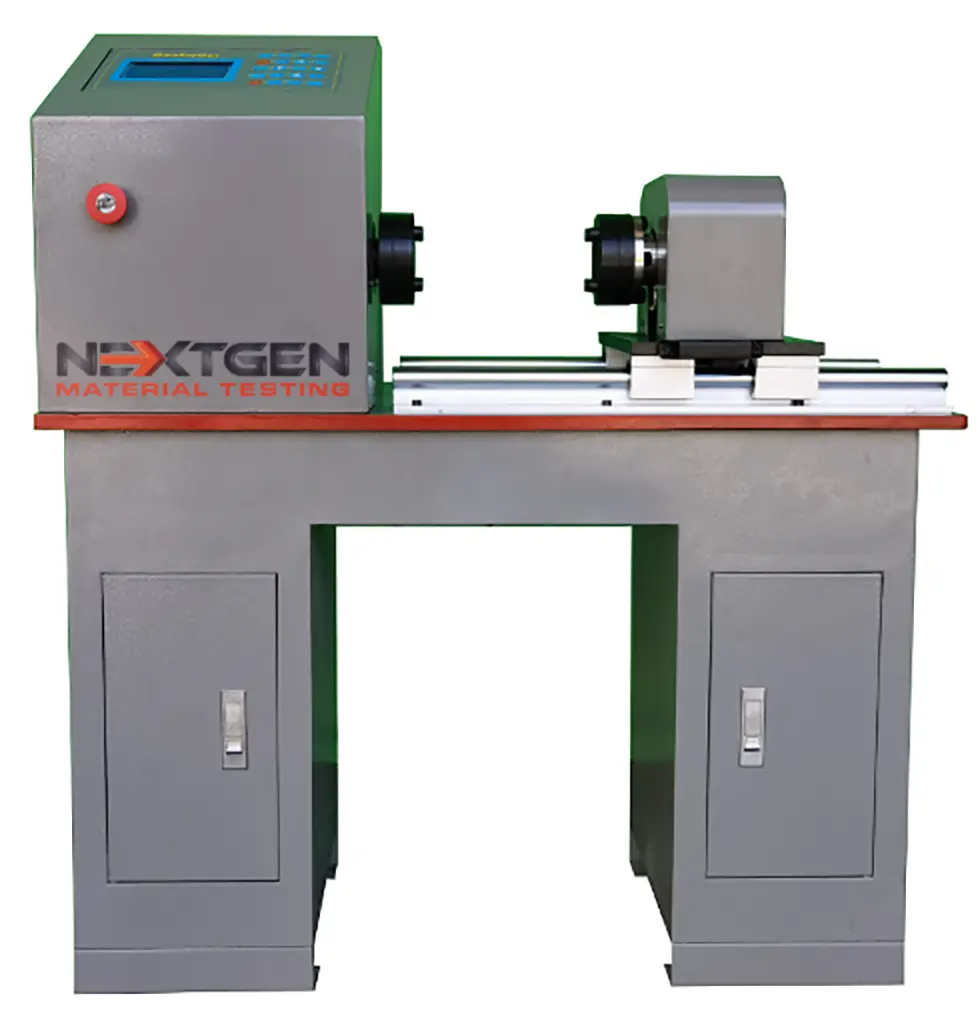
NextGen GenTor Horizontal Torsion Tester
NextGen GenTor Torsion Tester boasts a horizontal type load frame with high stiffness, ensuring accurate and reliable test results.
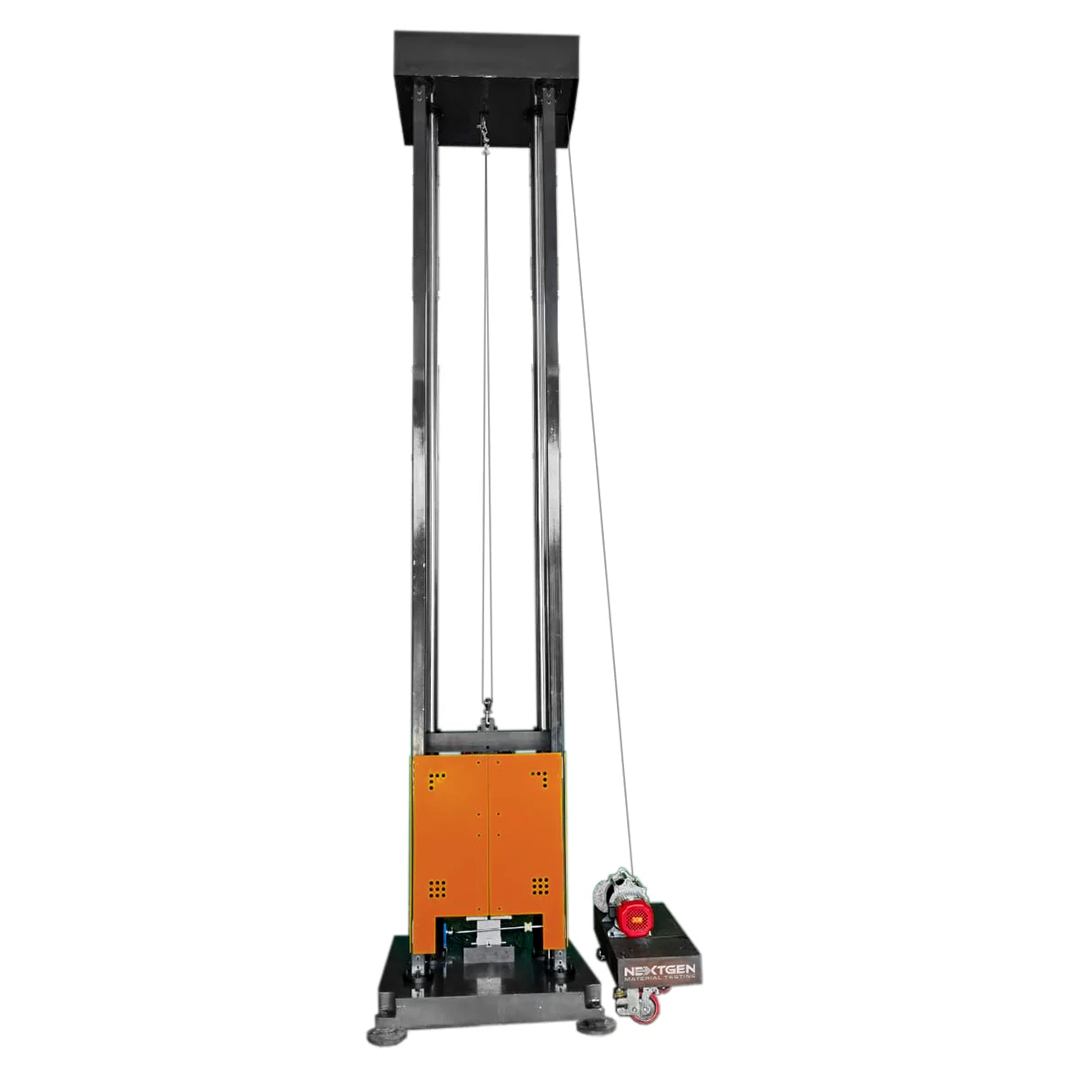
DWT-1800 Computer Controlled Drop Weight Impact Testing Machine
DWT-1800 Impact Testing Machine is specifically designed for determining the non-plastic transformation temperature of ferritic steel.
